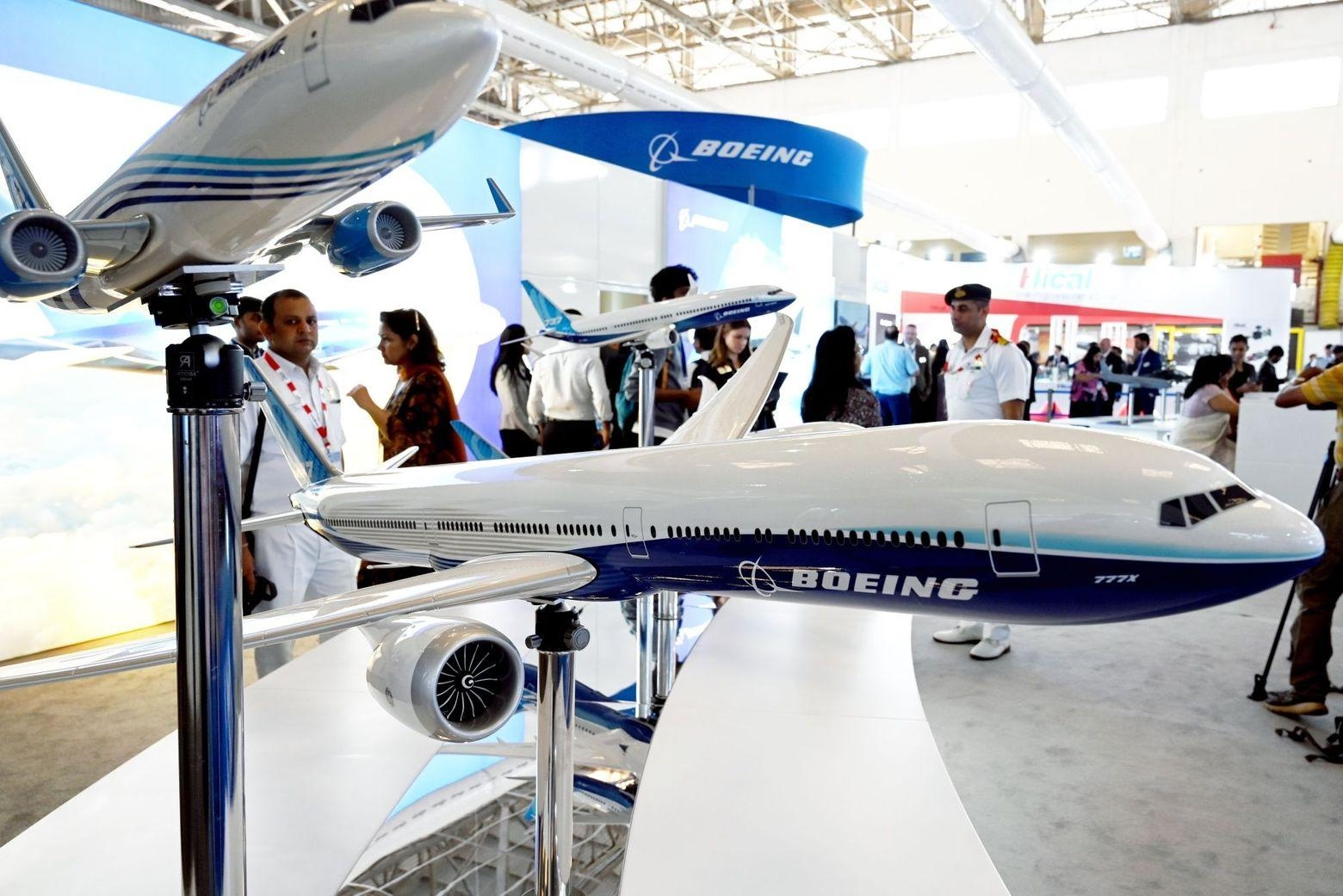AeroGenie — Tu copiloto inteligente.
Tendencias
Categories
Boeing and Airbus Compete as India Expands Airline Fleets

Boeing and Airbus Compete as India Expands Airline Fleets
India’s aviation industry is experiencing rapid growth despite the recent tragedy involving Air India Flight 171, marking the first fatal accident of a Boeing 787 Dreamliner. While the Dreamliner has generally maintained a strong safety record, the crash has cast a somber shadow over the sector and raised concerns about Boeing’s future prospects in the Indian market. Investigations into the cause of the accident are ongoing.
Fleet Expansion Amidst Tragedy
In the wake of the crash, Indian airlines remain committed to ambitious fleet expansion plans, intensifying the competition between Boeing and Airbus. The Air India Group, which includes Air India and its low-cost subsidiary Air India Express, stands as the country’s largest operator of Boeing aircraft, with a total of 132 jets. Air India depends heavily on Boeing for its widebody operations, operating the largest fleets of Boeing 777 and 787 aircraft in India. Meanwhile, Air India Express leads the domestic market in Boeing 737 operations.
Conversely, Airbus holds a dominant position in India’s domestic market, largely due to IndiGo’s overwhelming preference for Airbus narrowbody jets. IndiGo operates nearly 213 A320s and 143 A321s, making it the largest operator of both models in the country. With a domestic market share exceeding 60%, IndiGo’s fleet is composed of 98% Airbus aircraft, enabling Airbus to capture over 80% of India’s domestic market, according to Cirium Diio data from the past year.
Market Dynamics and Fleet Composition
Boeing’s strength in India is most pronounced in international operations, where it commands a 44% market share, largely driven by Air India’s long-haul fleet of 777s and 787s. Approximately 90% of Air India’s long-haul capacity is provided by Boeing aircraft, with the 787 Dreamliner alone accounting for about half of this capacity. However, Air India’s narrowbody fleet, consisting of nearly 129 aircraft, is entirely composed of Airbus models from the A319, A320, and A321 families. The airline has also begun integrating Airbus A350 widebodies into its fleet, deploying them on routes to London, New York, and Newark from Delhi.
The composition of airline fleets further illustrates the competitive landscape. Air India’s fleet is split approximately 57% Airbus and 43% Boeing, while IndiGo’s fleet is overwhelmingly Airbus at 98%, with only 2% Boeing. Other carriers such as Akasa and SpiceJet operate exclusively Boeing narrowbodies, with 30 and 29 aircraft respectively.
Implications for Boeing and Airbus
The recent Dreamliner crash may present challenges for Boeing, potentially affecting airline confidence and leading to a temporary slowdown in orders as safety concerns are addressed. Airbus, benefiting from a strong safety record and dominant domestic presence, may seek to leverage this position to expand its market share further. IndiGo’s aggressive expansion plans, including new long-haul routes and a potential mix of Airbus and Boeing aircraft, underscore the evolving dynamics of the Indian aviation market.
As India’s aviation sector continues its rapid expansion, the rivalry between Boeing and Airbus is expected to intensify, with both manufacturers striving for greater dominance in one of the world’s fastest-growing airline markets.

Capital A Completes Sale of Aviation Business to AirAsia X

Four Gateway Towns to Lake Clark National Park

PRM Assist Secures €500,000 in Funding

Should Travelers Pay More for Human Support When Plans Go Wrong?

InterGlobe Aviation Shares Rise 4.3% Following January Portfolio Rebalancing

Key Market Segments Shaping Airline Route Profitability Software

Locatory.com Gains Traction Among Aviation MROs and Suppliers

JetBlue Flight Makes Emergency Landing Following Engine Failure

58 Pilots Graduate from Ethiopian University

The Engine Behind Boeing’s Latest Widebody Aircraft
